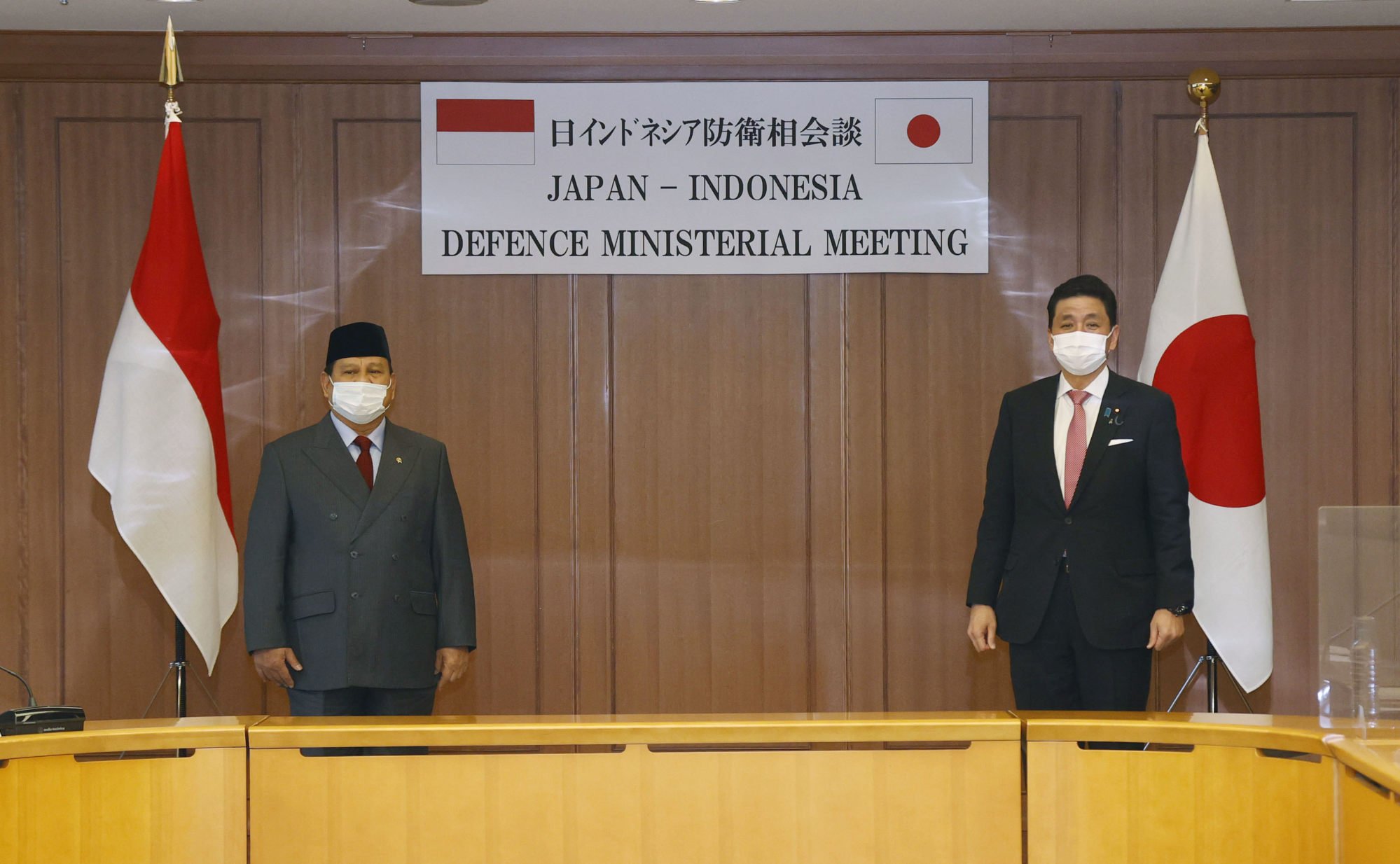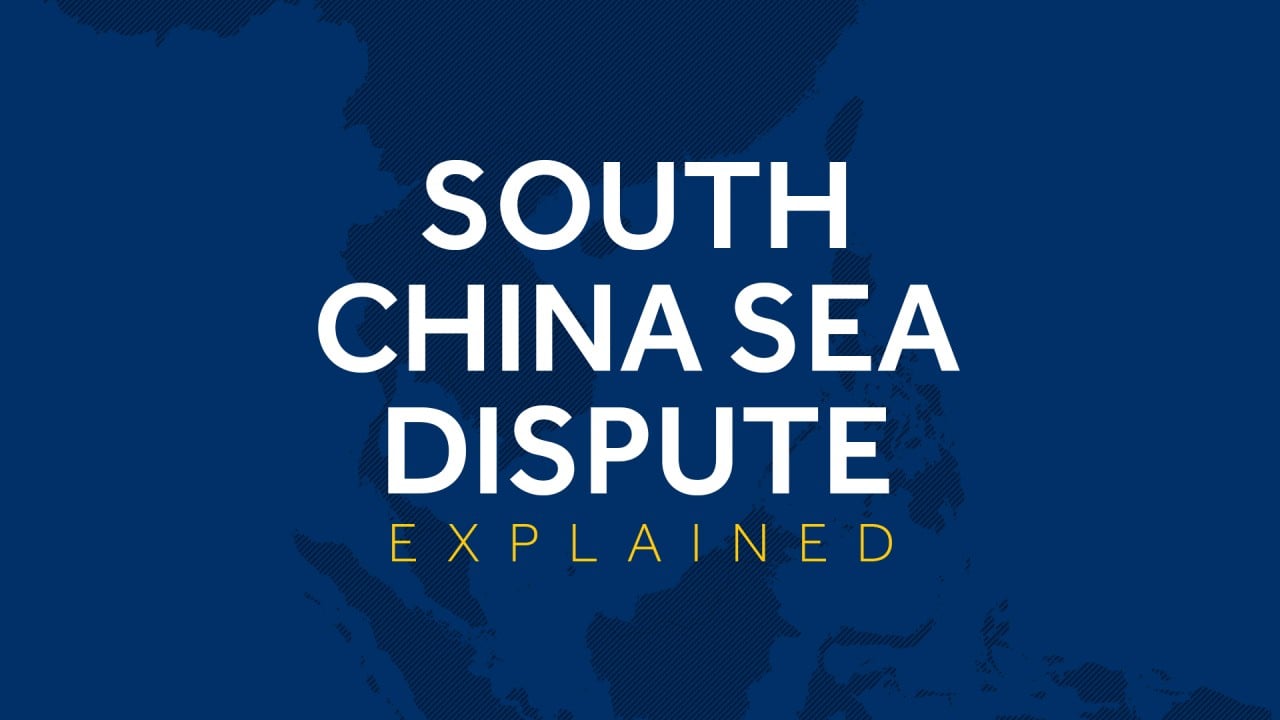
Are Indonesia, Japan’s joint South China Sea drills a sign of Jakarta’s pivot away from Beijing?
- The planned maritime exercises are seen as highlighting Indonesia’s intention to upgrade its maritime defences in the face of China’s rising assertiveness in the Indo-Pacific
- But analysts say closer defence ties are unlikely to result in major arms sales, and don’t automatically indicate Indonesia wants to join the US-led Quadrilateral Security Dialogue

“Indonesia may not be able to confront China with numbers of ships from its coastguard or its navy, but I think having advanced equipment and exercise from countries like Japan could at least give it a sense of confidence when the moment comes.”
South China Sea: what does Beijing want in Indonesia’s Natuna Islands?
Japan donated a patrol boat to Indonesia in February last year, but Sambhi said more than that would be needed to cover the vast waters of the Southeast Asian archipelago nation.
“Indonesia’s Maritime Security Agency chief said last year that they only have 10 [patrol] ships and that they need 77 ships, so those numbers are, in themselves, an immediate signal of how useful any kind of upgrades could be for Indonesia,” she said.
Japan and Indonesia have already conducted a maritime exercise in the latter’s EEZ in October last year, which involved a helicopter carrier and a general-purpose destroyer vessel off the west coast of the Natuna Islands.
Storey said the coming exercise would underline Japan’s readiness “to increase its capacity building support to the Southeast Asian claimants” in the South China Sea, where Tokyo is becoming increasingly concerned about Beijing’s assertiveness.
Indonesia is not a claimant state in the South China Sea dispute, but parts of its EEZ around the Natuna Islands fall within Beijing’s nine-dash line claims to much of the disputed waterway, which also overlap with the EEZs of the Philippines, Malaysia, Brunei and Vietnam.
Indonesia and Japan pledge to strengthen security, economic ties
Sambhi said the joint military exercise “could possibly be provocative to China” if it is held in waters around the Natuna Islands, adding that “Prabowo is engaging in quite a symbolic gesture with Japan”.
Indonesia is keen to develop its domestic arms industry and is more interested in technology transfer deals than buying foreign military equipment outright
“This is Prabowo’s attempt to diversify Indonesia’s defence equipment. He is also trying to get more expertise and opinion exchanges, as well as opening up a new channel of communication with stakeholders in those countries,” said Gilang Kembara, researcher at the Centre for Strategic and International Studies (CSIS) in Indonesia.
Storey of the ISEAS said Indonesia is likely to be hoping for technology transfers, rather than arms purchases, from forging a closer defence relationship with Japan.
“Although Tokyo is keen to increase its overseas arms sales, it has so far failed to make any major sales to Southeast Asia due to the high cost of Japanese-made defence equipment,” he said. “In addition, Indonesia is keen to develop its domestic arms industry and is more interested in technology transfer deals than buying foreign military equipment outright. Japan is very reluctant to share its defence technology expertise with other countries.”
South China Sea: US, Japan and Indonesia ramp up pressure on Beijing
He predicted that Indonesia would prioritise buying maritime surveillance aircraft from Japan, rather than defence equipment such as submarines, tanks or surface warships.


